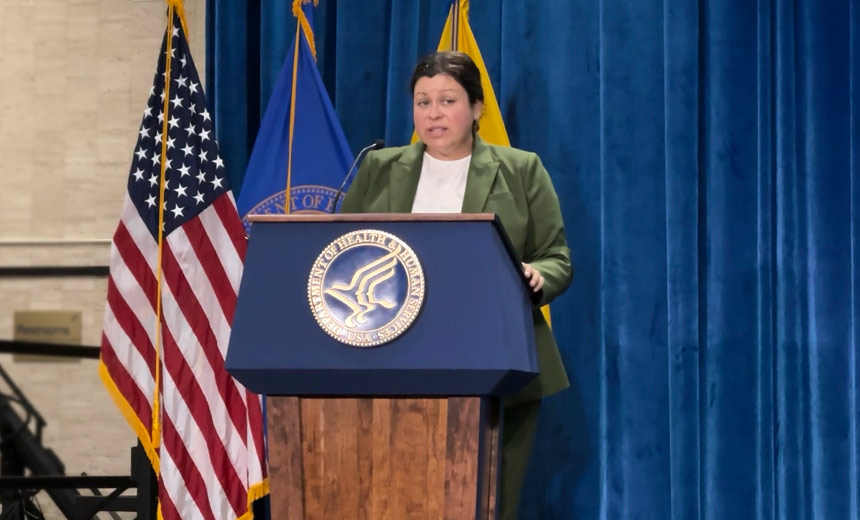HIPAA/HITECH,
Standards, Regulations & Compliance
How Might Election Outcome Affect HHS’s Cybersecurity Work in Healthcare?

As the Biden administration approaches its conclusion, officials at the Department of Health and Human Services (HHS), responsible for enforcing HIPAA regulations, are intensifying their efforts to address critical areas in healthcare cybersecurity. The need for these updates is urgent, particularly in light of a substantial rise in ransomware attacks targeting the healthcare sector.
The foremost task on their agenda is an update to the HIPAA Security Rule, which has remained unchanged for over 20 years. HHS has recently submitted proposed modifications to the White House’s Office of Management and Budget, targeting a notice of proposed rulemaking in December, followed by a public commentary period of 60 days. This move seeks to modernize regulations in response to escalating cyber threats that pose significant risks to patient data and healthcare delivery.
The stark reality is that the healthcare sector has become a prime target for ransomware attacks, with incidents reportedly tripling since 2015, as noted in a recent Microsoft report. The number of individuals affected by data breaches, particularly those caused by ransomware, is projected to reach unprecedented levels this year. During a recent keynote address at a HIPAA Summit, Melanie Fontes Rainer, director of the HHS Office for Civil Rights, highlighted the alarming increase in breaches, noting that 562 significant incidents have already impacted nearly 167 million individuals this year alone, surpassing all of 2023’s total breaches.
The implications of these breaches extend beyond just compromised data; they threaten the very fabric of healthcare delivery. Rainer emphasized that disruptions resulting from ransomware can impede healthcare services, underscoring the necessity for updated regulations that can more effectively address current cyber threats.
While the original HIPAA Security Rule was designed to be adaptable, the rapidly evolving landscape of cyber threats demands more robust measures. Although specific details of the proposed updates remain confidential pending review, a significant focus is expected on comprehensive risk analyses across healthcare enterprises. HHS has consistently prioritized risk management in its enforcement actions, citing numerous cases where inadequate or insufficient risk assessments formed the basis of violations.
Additionally, insight into future regulatory directions reveals potential action from another HHS agency, the Centers for Medicare and Medicaid Services (CMS), which is considering regulations linked to voluntary cybersecurity performance standards that could influence financial incentives for healthcare entities.
The outcome of the upcoming presidential election is poised to influence these cybersecurity initiatives significantly. Should Vice President Kamala Harris assume the presidency, a change in leadership at HHS could evolve its strategic focus, while a return to the White House by former President Donald Trump may prompt a more aggressive overhaul of existing policies—including potential repeals of controversial guidance on healthcare privacy issues.
Despite these uncertainties, Rainer expressed confidence that the progress made on the HIPAA Security Rule updates will persist, emphasizing that cybersecurity represents a critical national security issue that transcends administration changes. “The rule hasn’t been revised in over two decades, and the work we’ve undertaken is crucial to protecting both healthcare infrastructure and patient welfare,” she concluded.